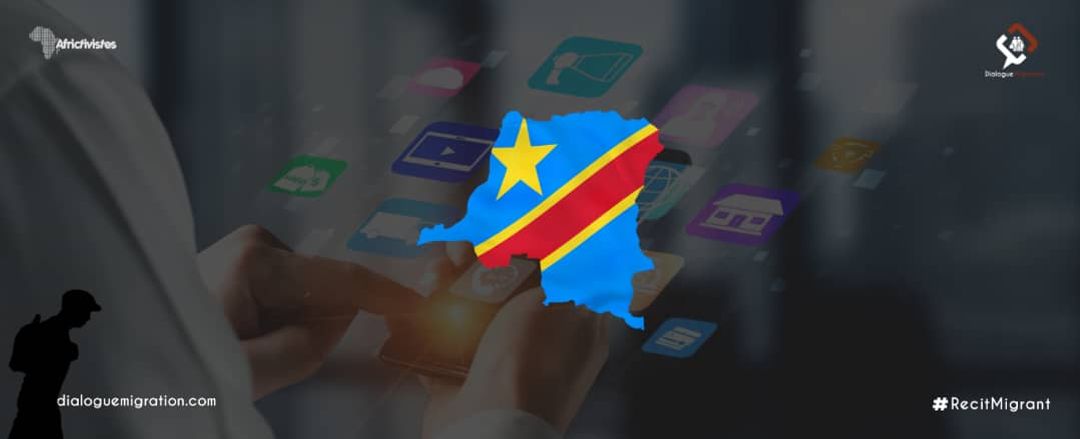

The Democratic Republic of the Congo (DRC) has undergone significant transformations in recent years, largely due to the new information and communication technologies (ICT) sector. The migration of skilled foreigners has delivered considerable benefits to the nation, stimulating economic development, fostering cultural exchange, and enhancing connectivity on a global scale.
New Economic Opportunities
The influx of foreign entrepreneurs with advanced technological skills has catalysed economic development in the DRC. Among these foreign contributors are notable companies such as Airtel, a renowned telecommunications firm specialising in mobile communications. Innovative start-ups have emerged, harnessing the potential of ICT to create solutions tailored to local needs. These new enterprises have not only generated employment but have also invigorated the technology and innovation sectors. Foreign investment in ICT has opened new horizons for local businesses, facilitating knowledge transfer and expertise exchange. International partnerships have contributed to the growth of Congolese companies, positioning them on the global stage and thereby strengthening the national economy.
Global Connectivity
The introduction of new technologies by foreigners has significantly improved the DRC’s connectivity with the rest of the world. Modern communication infrastructures have enabled citizens to stay connected with global developments while promoting international trade. Congolese businesses can now broaden their reach, access new markets, and engage in a globalised economy. Global connectivity has also encouraged international collaboration in fields such as scientific research, education, and addressing global issues. Cultural exchanges and mutual understanding between peoples have been enhanced, creating a diverse and enriching social fabric.
Technological Education
The arrival of foreign experts in the education sector has contributed to modernising higher education institutions in the DRC. Partnerships between local universities and foreign institutions have introduced ICT-focused academic programmes, preparing students for the challenges of the digital world. For example, the establishment of the Christian Bilingual University of Congo by Dr David Kasali, a Congolese who returned from the United States. This institution has not only aided the Congolese government through its Ministry of Higher and University Education in understanding the LMD (Bachelor-Masters-Doctorate) system but has broadened horizons for its students through sponsorships to other universities across Africa, Europe, and America. Student exchanges and international scholarship programmes have opened doors for young Congolese from this university, providing them with opportunities to acquire advanced skills abroad. This educational mobility has contributed to cultivating a skilled and competitive workforce equipped to meet the challenges of the digital economy.
Social Innovation
The migration of foreigners has also influenced Congolese society by fostering social innovation. ICT-focused initiatives have emerged to tackle local issues, whether in health, agriculture, or access to information. Mobile applications have been developed to enhance agricultural management, exemplified by KivuGreen Corporation, a web-mobile and SMS-USSD platform that connects all actors in the agricultural sector with markets and agricultural information. Other applications facilitate access to healthcare and promote transparency in governance. The introduction of fresh ideas and foreign perspectives has encouraged local creativity, stimulating social entrepreneurship. Collaborative initiatives have emerged, bringing together local and foreign stakeholders to develop innovative solutions to the social and economic challenges facing the DRC.
The migration of foreigners bringing new information and communication technologies has profoundly transformed the Democratic Republic of the Congo. From economic opportunities to cultural exchanges, and the strengthening of education and social innovation, the benefits of this migration are manifold, impacting all aspects of Congolese life. It is essential to continue fostering an environment conducive to welcoming foreign expertise while ensuring harmonious integration with local culture. This symbiosis between external contributions and Congolese values could be key to a prosperous and sustainable future for the DRC.
Tags
Recently Published
Subscribe to our newsletter!
Quick Links
